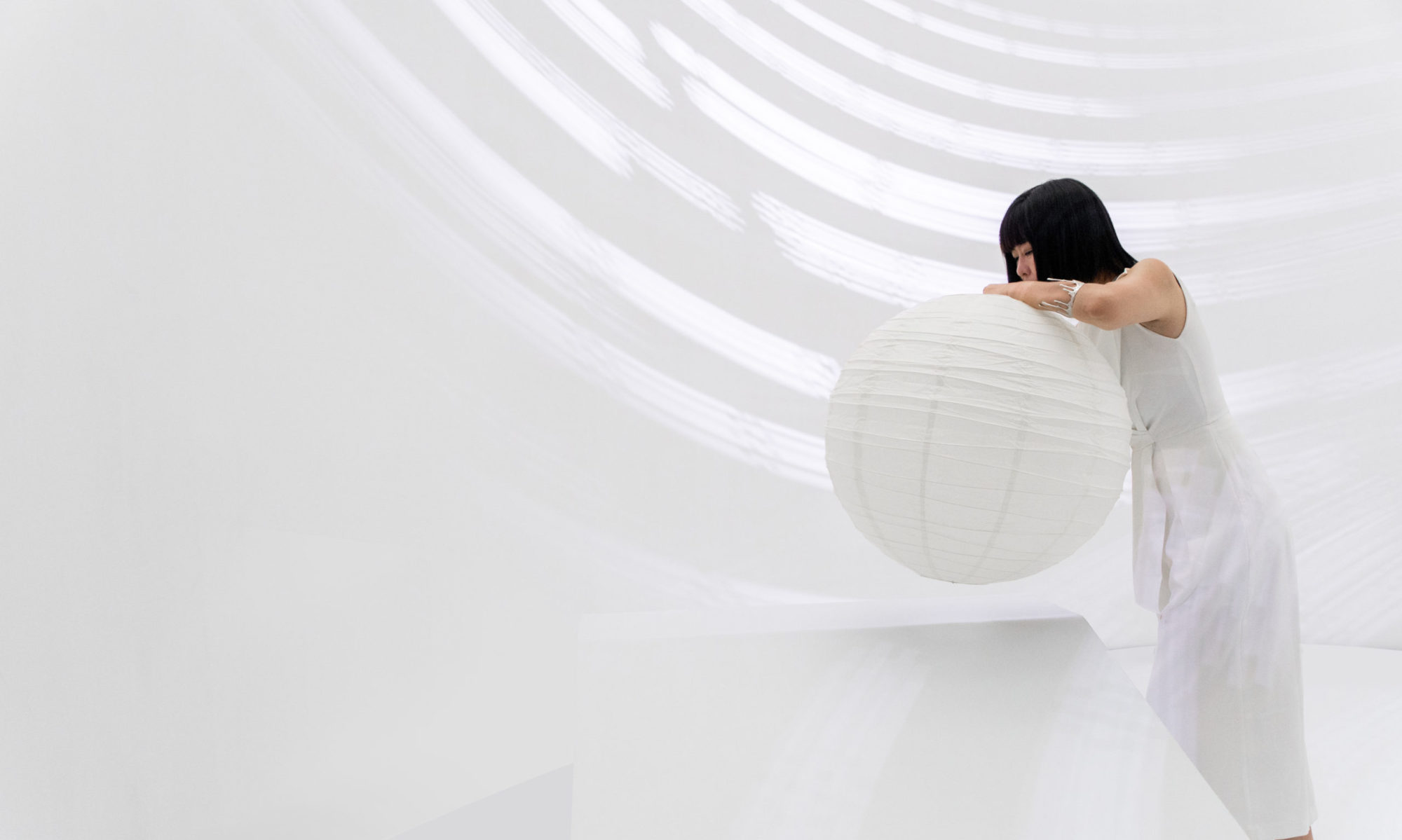I am very happy to announce my New EP just released in Dusty Ballz
September 2019, during a residency exchange programme curated by the Lijiang Studio, Chunyang Yao set foot in Shiraoi, a town in Hokkaido historically populated by Japan’s indigenous people, the Ainu. A peculiar sense of inversion struck her. Being a Naxi artist emerging from the southwestern city of Lijiang, Yao had become accustomed to performing under a certain exotic gaze in China. Yet, dipping into the arcane, almost bygone lifeworld of the Ainu, for the first time she found herself to be the curious spectator upon another ethnic group, in whom she saw, with profound ambivalence, the shadow of her own people. This moment of entanglement reverberates on, slowly translating into a delicate resonance between two ethnic minority traditions, both struggling for the right to remembrance on the margins of modernity. If memory is audible, does forgetting make a sound? This question drove the making of Post-Oblivion.
Unlike what the title suggests, listening to Post-Oblivion demands emotion. Side A of the cassette contains a composition in five movements, which is based on field recordings collected during Yao’s stay in Hokkaido; Side B presents a long-form improvisation of voice, noise samples, and synthesisers, the track gets its title “AyuDabuya” from the babbling of Yao’s daughter after she heard the recording. Respectively, the two sides showcase Yao’s unique artistic sensibility as a composer and as a vocal/electronics improviser. Together they also present an intricate landscape of sound, cut across by her multiple, overlapping identities: as a contemporary artist, a mother, a Naxi descendent, and a traveller in a foreign land.
The Ainu and the Naxi share a pantheistic vision of nature, through which religion and culture are embedded in their environmental surroundings. In the Naxi Dongba script, to say “without a sound” takes four glyphs: a lead stone, a pair of horns, a waning moon, and quark. Likewise, instead of recording directly with the Ainu community, Yao gathered musical cues from Hokkaido’s natural soundscape — onshore breezes, a raging geyser, cries of the seagulls, and crows hovering above the seaside town of Tomakomai. She stitched them with a fragmented chant of the ancient Naxi proverb: “All food and clothing arise from the soil”, which weaves in and out just like her own wandering presence on the island. Post-Oblivion, as such, sings about loss but also perpetuity. Through nature’s own rhythm and harmony, it channels a roaring silence confronting colonial pasts and the politics of cultural memories.
《泯默集》选录了姚春旸近年的创作,主题关于遗忘,也关于守望。磁带的A面是一套基于田野录音的组曲,其中的声音素材在2019年的丽江/北海道交流驻地项目中成形,B面则是一轨人声、合成器与噪音采样的即兴长篇,曲名“AyuDabuya”是拟音,来自女儿听后的牙牙学语。这张专辑中,姚春旸是当代作曲家,是纳西后裔,是母亲,也是跨越国界的旅者——这些身份倒影在声响的编织中浮显、交叠,相互映照,呈现出一种蜿蜒险峻的听觉地形学。
作为从云南丽江走出的纳西族艺术家,民族性一直是姚春旸的创作母题,也不免将她推向被凝视者的相位;而踏进阿伊努人聚居的白老町,她意识到自己成了那个观看的人。在这意外的对倒中,边缘族裔的情感回响逐渐清晰。作为北海道的原住民,阿伊努人相信万物有灵,而纳西东巴教亦奉自然为神祇;近代以降,阿伊努族世代传承的文化记忆在长期的殖民同化制度下渐归湮没,更让她心有戚戚 。 “一切吃穿皆从土地里来”,她将这句纳西古谚裁切揉碎,洒在北海道的自然音景中。时空的褶皱在人声吟哦中渐次荡开,有怒涛惊啸、鸥鸟凄鸣,有乌鸦在海街上空盘旋。岛屿的咏叹亘古不变,冷漠而深情。
在象形表意的东巴文中,“泯默” 呈现为四个字符的组合序列:铅块、兽角、缺月与奶渣;而这卷歌哭绵延的声音地图里,泯默是在自然的热望与包容之间奏出一个文明的休止符,是一念物哀中的寂美永恒。大地心脉搏动,遗忘坼裂无声。
——————————————————————————–
Dusty Ballz is a London-based label that releases Chinese underground music on cassette tapes. The term originates in an old Soviet joke, which somehow still speaks to the situation today.
在历史悠久的长沙方言中,“蛋蛋沾灰”一词形容儿童玩伴之间亲密与共的珍贵情谊。Dusty Ballz致力于通过磁带介质呈现中国地下之声,在欣欣向荣的新常态下描画人类命运共同体的美好愿景。
released February 19, 2023
创作于广州,2020年(A面)与2021年(B面)
Created in 2020 (Side A) and 2021 (Side B) in Guangzhou, China
田野录音素材采集于北海道登别(A2)与苫小牧市(A3、A4),2019年9月
Field recordings captured in September 2019 at Noboribetsu (A2) and Tomakomai (A3, A4) in Hokkaido, Japan
人声、田野录音、制作:姚春旸
Vocal, Field-recordings, and Production by Chunyang Yao
混音、母带:Annalisa Vetrugno
Mixed and Mastered by Annalisa Vetrugno
木刻:铁梅
Woodcut by Tiemei
东巴文字翻译:王世英
Translation (Dongba Script) by Wang Shiying
感谢:丽江工作室、正杰、森永泰弘
Thanks to Lijiang Studio, Jay Brown, Yasuhiro Morinaga

